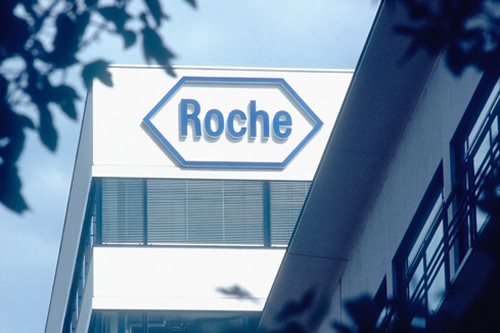Roche announces positive phase 3 results for Columvi combination in DLBCL
18 Jun 2024
Clinical ResultPhase 3Accelerated ApprovalDrug Approval

Preview
Source: PMLiVE
Roche has shared positive phase 3 results for its Columvi (glofitamab) in combination with chemotherapy in patients with relapsed or refractory diffuse large B-cell lymphoma (DLBCL).
The STARGLO trial has been evaluating Columvi against rituximab, both in combination with gemcitabine plus oxaliplatin (GemOX), in DLBCL patients who have received at least one prior line of therapy and are not candidates for autologous stem cell transplant, or who have received two or more prior lines of therapy.
Affecting approximately 160,000 people worldwide every year, DLBCL is the most common form of non-Hodgkin lymphoma.
According to Roche, around 40% of people living with the condition will relapse or have refractory disease, at which time salvage therapy options are limited and survival is short.
The trial met its primary endpoint of overall survival (OS) after demonstrating that patients treated with Columvi plus GemOx lived significantly longer, showing a 41% reduction in the risk of death compared to rituximab in combination with GemOx, with the safety of the combination being consistent with the safety profiles of the individual medicines.
The Columvi combination also met its key secondary endpoint of progression-free survival (PFS), with a 63% reduction in risk of disease worsening or death versus rituximab plus GemOx.
Commenting on the results, Levi Garraway, chief medical officer and head of global product development, Roche, said: “This marks a first step in advancing Columvi combinations in earlier settings… [and] could be particularly important for patients with highly aggressive disease who are at risk of rapid disease progression.”
Already granted accelerated approval by the US Food and Drug Administration and conditional marketing authorisation from the European Commission to treat patients with relapsed or refractory DLBCLrelapsed or refractory DLBCL after two or more lines of systemic therapy, the dual-targeting drug works to activate the release of cancer cell-killing proteins from the T-cell.
For more details,please visit the original website
The content of the article does not represent any opinions of Synapse and its affiliated companies. If there is any copyright infringement or error, please contact us, and we will deal with it within 24 hours.
Indications
Targets
-Drugs
Hot reports
Get started for free today!
Accelerate Strategic R&D decision making with Synapse, PatSnap’s AI-powered Connected Innovation Intelligence Platform Built for Life Sciences Professionals.
Start your data trial now!
Synapse data is also accessible to external entities via APIs or data packages. Leverages most recent intelligence information, enabling fullest potential.





